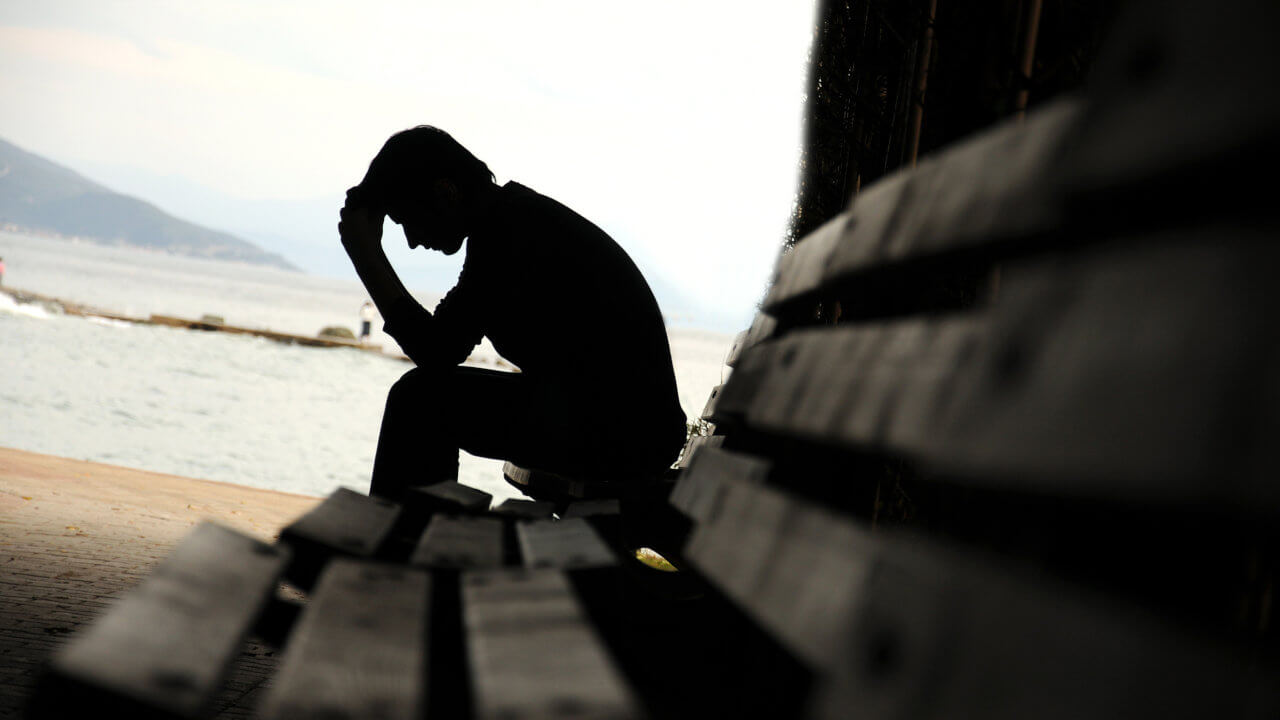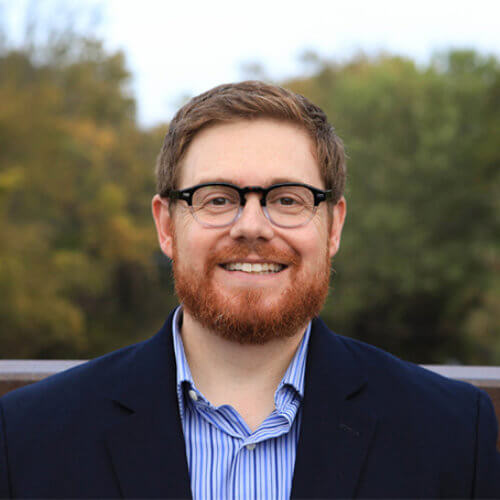Blessed Are Those Who Suffer—But Not How You Think

The blessing that follows suffering often takes longer and looks different than most expect
“You must have discovered so much through this.”
“I’m so jealous of the spiritual lessons you must have learned.”
“I’d love to trade places with you because you must be growing so much.”
I wish I were making these statements up, but I’ve heard sincere people of faith say hurtful things like this to others amidst their suffering.
Many people think that merely by the virtue of my suffering, wisdom is spontaneously and supernaturally imparted to those that suffer. For some, this may be the case, but according to recent studies on post-traumatic spiritual growth, the blessing that follows suffering often takes longer and looks different than most expect. Not everyone bounces back like a beach ball submerged underwater in the face of adversity as some popular notions of spiritual growth suggest.
For many facing hardships “growth” might be the last descriptor they would choose to describe their spiritual experience in the wake of a tragedy. From our research, we’ve found it tends to take people longer to recover than most expect, especially spiritually. More often than not, spiritual growth looks more like someone struggling hard to paddle to the water’s surface while gasping for air than someone calmly floating on an inflated pool raft.
Also, keep in mind that spiritual growth and spiritual struggle are not mutually exclusive. Just because a person is struggling doesn’t mean they haven’t grown. Similarly, just because someone may have grown spirituality doesn’t mean heartache or suffering has been resolved. And the moments of insight that we hope tend to also look different than the way most people talk about spiritual growth following trauma.
Rather than a spiritual “download”—understanding is more likely to feel like it is coming through a dial-up modem connected to a rotary phone. Deep spiritual insights after a tragic event are more likely to surprise us while mowing the lawn than when we are ready to welcome the sacred. A spiritual inkling might be revealed through the lyrics of a song we hear on the radio. We might make a meaningful spiritual connection during a meal with a friend or with family. Or we might suddenly identify what we’ve learned, in a fresh way, within the pages of a book.
I’ve come to understand that the road to facing, surviving and growing spiritually from life’s disasters is far from linear, smooth, predictable—and sometimes doesn’t come at all. But as I’ve shared before: The blessing of suffering isn’t growth—it’s being reminded that our lives have meaning and that we aren’t alone in our hurts — whether we grow or not.
 About The Author
About The Author
Dr. Jamie Aten is the founder and executive director of the Humanitarian Disaster Institute and Blanchard Chair of Humanitarian & Disaster Leadership at Wheaton College in Wheaton, Illinois. His latest book is “A Walking Disaster: What Surviving Katrina and Cancer Taught Me About Faith and Resilience” (Templeton Press). In 2016 he received the FEMA Community Preparedness Champion award at the White House. Follow him on Twitter, Instagram or jamieaten.com.



